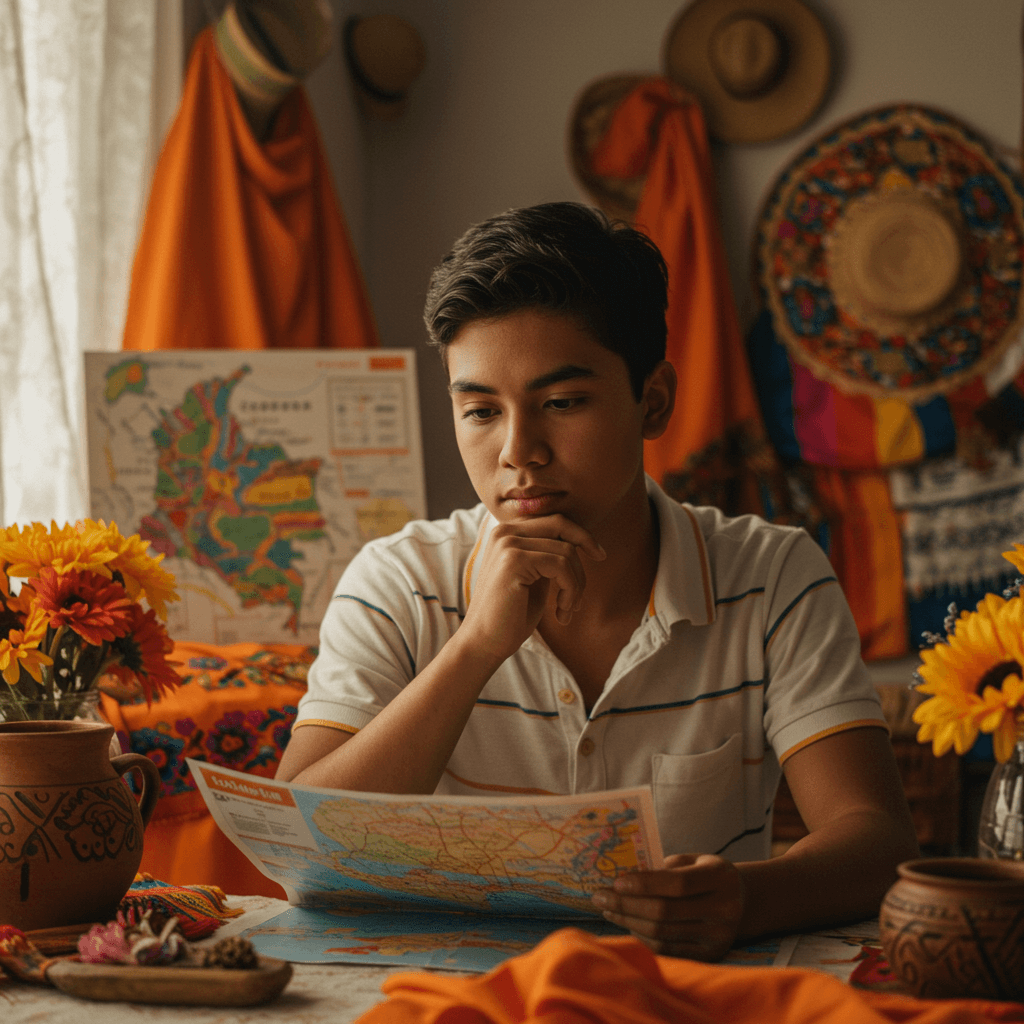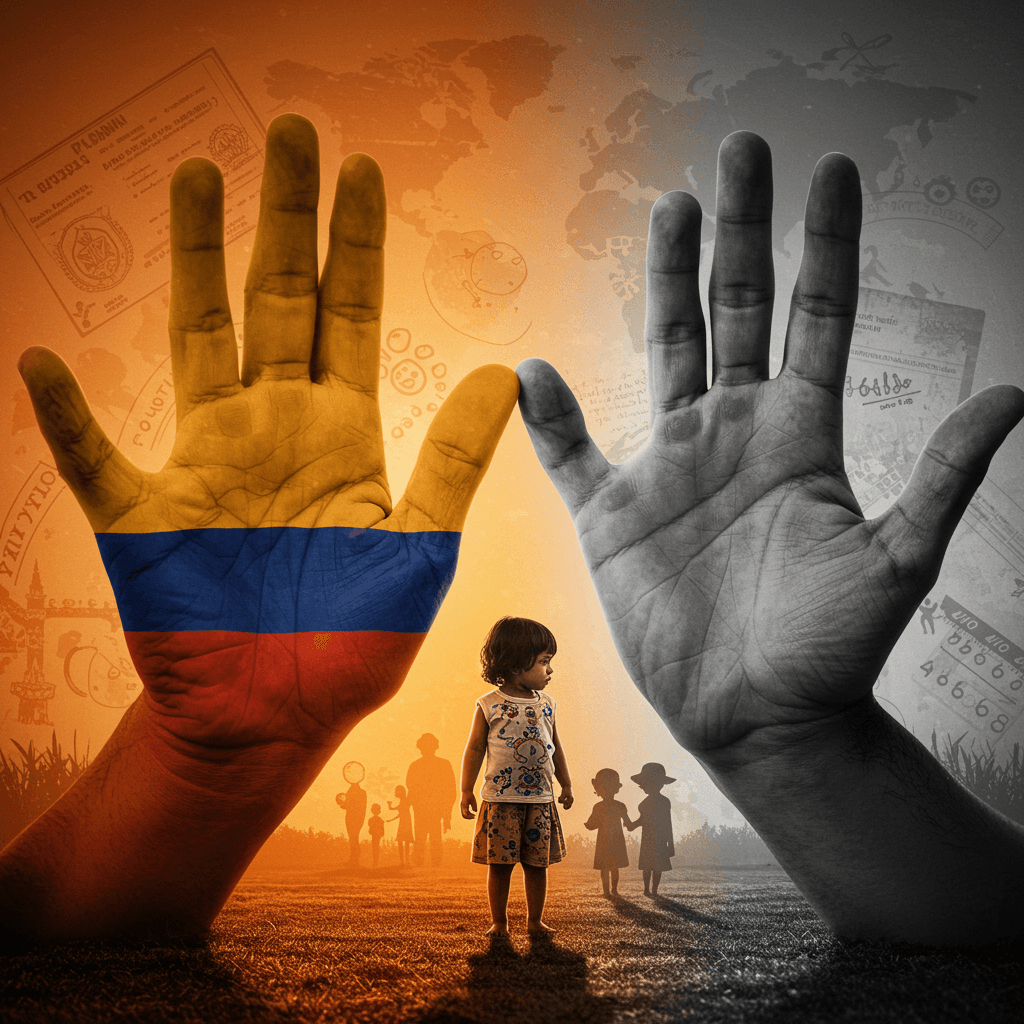Navigating Racial and Ethnic Identity as an Adult Colombian Adoptee

For many adult adoptees, the journey of understanding their identity goes far beyond the moment of adoption. In the article “The Racial and Ethnic Identity Development Process for Adult Colombian Adoptees” (Cloonan, Hatfield, Branco, & Dean, 2023), researchers highlight the unique challenges and strengths that Colombian adoptees face when navigating questions of culture, race, and belonging.
A Complex Journey of Identity
Adult Colombian adoptees often grow up in families and communities that may not reflect their racial or cultural background. As they reach adulthood, many begin to ask deeper questions about where they come from and how their heritage shapes who they are today. This process can be both empowering and emotionally challenging, especially when adoptees encounter stereotypes, microaggressions, or experiences of discrimination.
Reconnecting with Roots
One of the central themes in this research is the importance of reconnecting with Colombian culture. For some adoptees, this means learning Spanish, exploring Colombian traditions, or even traveling to Colombia. For others, it involves building community with fellow adoptees who share similar experiences. These connections can foster a sense of pride and resilience, while also helping individuals process feelings of loss and disconnection.
The Role of Community and Support
The article emphasizes that adoptees do not walk this journey alone. Support from therapists, adoptive families, and multicultural communities can make a profound difference. Creating safe spaces where adoptees can explore their identities without judgment is essential for healing and growth.
Why This Matters for Families and Therapists
Understanding the racial and ethnic identity development process is crucial not only for adoptees but also for adoptive parents, extended families, and professionals who support them. By acknowledging the unique challenges adoptees face, families can foster environments where identity exploration is celebrated rather than silenced. Therapists trained in adoption and trauma-informed care can also provide the guidance needed to navigate this complex journey.
Final Reflection
At Amapola Child & Family Services, we believe that every story of adoption includes both challenges and opportunities for growth. Recognizing and honoring racial and ethnic identity is not just part of healing—it is a powerful step toward resilience, belonging, and self-acceptance.
About the Author

Dr. Veronica Cloonan
Dr. Cloonan specializes in working with trauma, adoption-related challenges, and multicultural issues. With her diverse background and specialized training, she creates a safe and supportive environment for healing and growth.
Related Articles

False Narratives in Transnational Adoption: Learning from Colombia's Experience
Exploring false narratives and illicit practices in Colombian transnational adoption and why acknowledging these realities is essential for healing and advocacy.
Read More